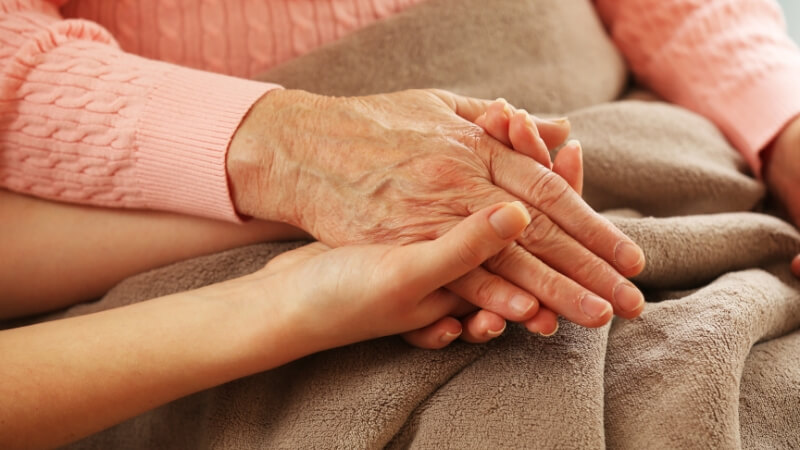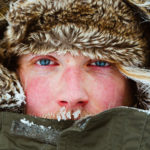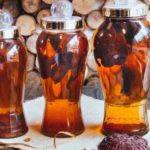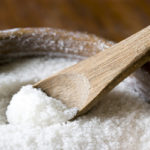As we age, our immune system weakens, and our resilience decreases, making elderly individuals the most vulnerable when the weather changes.
Experts advise that, in addition to staying warm and active, seniors should also focus on maintaining proper nutrition as the temperature drops. Let’s explore dietary recommendations to safeguard the health of elderly individuals during cold seasons in this article!
1 Cold Weather and Health Risks for Elderly Individuals
Sudden drops in temperature can negatively impact the health of elderly individuals, especially those with pre-existing conditions such as cardiovascular and respiratory issues.
As our bodies age, we tend to lose muscle mass. This means that the figurative “coat” protecting our vital organs—such as the heart, liver, kidneys, and lungs—thins, leaving them more susceptible to harm when exposed to cold air and lower body temperatures.
 Cold Weather and Health Risks for Elderly Individuals
Cold Weather and Health Risks for Elderly Individuals
According to TS.BS Le Thanh Hai: “Elderly individuals have a reduced ability to regulate and control their body temperature compared to younger adults. Additionally, they tend to have poorer nutrition, more chronic illnesses, and take various medications, making them more susceptible to cold-related injuries.”
Furthermore, the respiratory system weakens with age, and cold air entering the body is not properly warmed, increasing the risk of pneumonia and viral or bacterial infections.
2 Dietary Recommendations to Safeguard Elderly Health During Cold Seasons
In addition to recommendations such as staying warm and active, experts also emphasize the importance of proper nutrition for elderly individuals to generate sufficient energy to withstand the cold and boost their immune system.
A well-balanced diet for seniors should include four essential food groups:
- Group 1: , , , , ,…
- Carbohydrates Group: Various types of
- Group 2: , animal fats
- Groups 3 and 4: Fruits and Vegetables: , ,
 Dietary Recommendations for Elderly Individuals During Cold Seasons
Dietary Recommendations for Elderly Individuals During Cold Seasons
However, for older adults, it is advisable to prioritize easily digestible, low-fat protein sources such as , eggs, and fish…, If still hungry, consider adding 1-2 glasses of milk per day. Consume plenty of green vegetables and fresh fruits to ensure adequate , vitamin intake for a healthy digestive and immune system.
It is particularly important for elderly individuals to stay hydrated by drinking enough water daily, even when they don’t feel thirsty. In addition to plain water, they can also drink , ,…while avoiding , , ,…Additionally, pay attention to drinking water slowly and not consuming too much right before bedtime.
3 Important Considerations for Elderly Dietary Habits During Cold Seasons
According to PGS.TS Vu Duc Dinh, former lecturer in Gastroenterology at the Military Medical Academy, when the weather is cold, elderly individuals may eat more than usual to compensate for the increased calorie expenditure. Therefore, keep the following in mind:
- Eat Well-Cooked Meals: Ensure that food is thoroughly cooked and soft for easy digestion, such as , , ,…
- Divide Meals into Smaller Portions: This helps prevent digestive issues and aids in better nutrient absorption.
- Focus on Energy-Rich Meals in the Morning and Noon: Emphasize calorie-dense meals during breakfast and lunch, while keeping dinners light and avoiding excessive fluid intake to prevent frequent urination at night.
- Avoid Drinking Alcohol to Warm Up: Alcohol can cause vein dilation and should be avoided.
 Important Dietary Considerations for Elderly Individuals During Cold Seasons
Important Dietary Considerations for Elderly Individuals During Cold Seasons
These dietary recommendations for elderly individuals during cold seasons aim to protect their health. We hope this article has provided you with valuable insights!
Source: Health and Life Newspaper





































